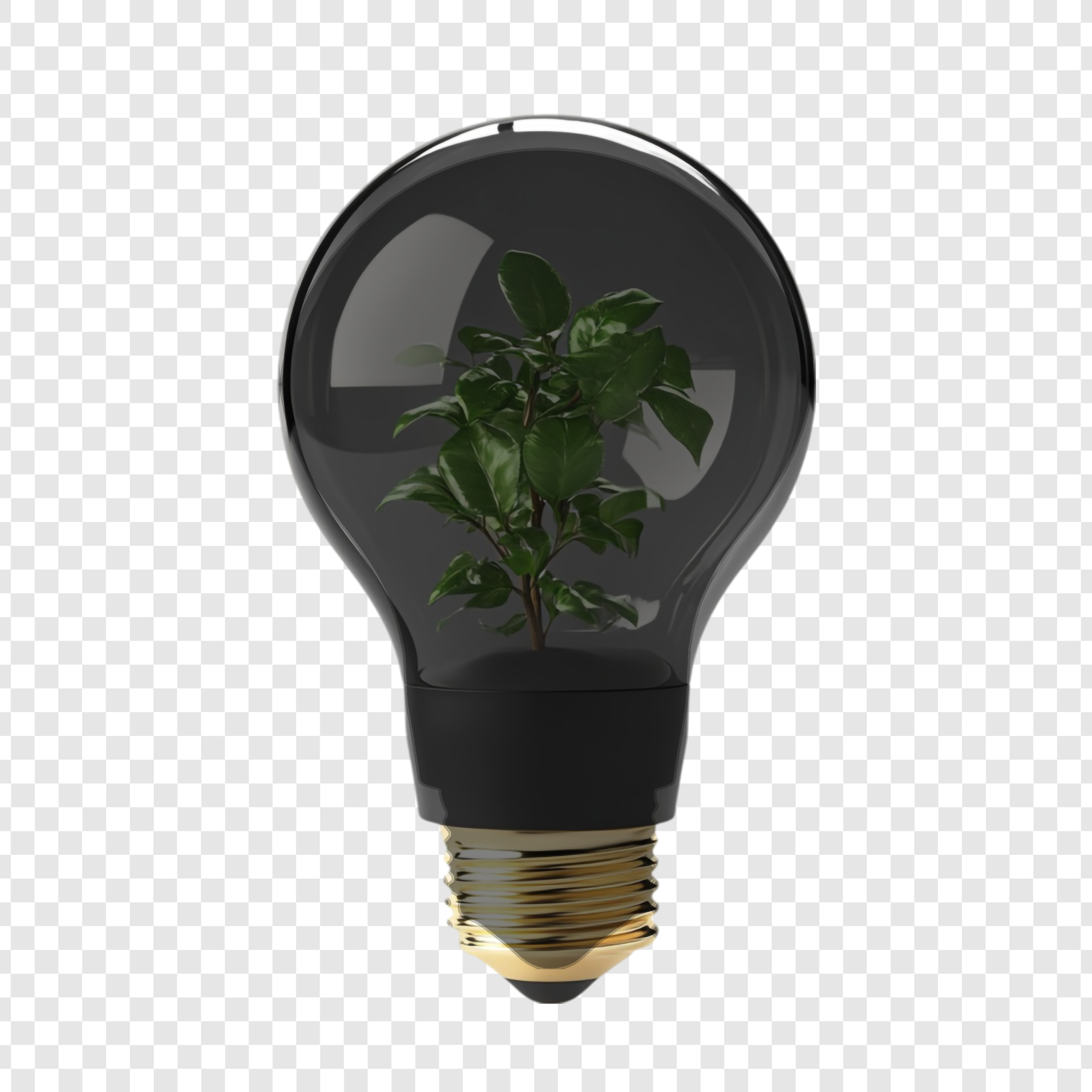هل من مخرج؟ صدمة؟ يقظة؟ أسئلة طرحناها في "دياليكتيك" بعدما تصدّرت اخبار تفشي فيروس كورونا في معظم دول العالم ولبنان احدها، فبتنا امام خيارين لا ثالث لها، اما الاستسلام ام المقاومة فالانتصار. وعلى الرغم من عبء المشاكل الاقتصادية على المواطنين اللبنانيين الا ان مسارعة الجميع للمساعدة وطرح المبادرات كلّ على طريقته وحسب امكانياته ونطاق عمله يثبت اننا في الخيار الثاني.... فما يقوم به اللبنانيون اليوم يعيد تسليط الضوء ليس فقط على الطاقات البشرية التي تزخر بها بلادنا في كل القطاعات والميادين، بل أيضا على أهمية الصناعات المحلية التي كانت بالأمس القريب اشبه بالمنسية على رفوف المحال وبالمستودعات. فمع توقف حركة الاستيراد للبضائع الأجنبية نتيجة توقف الملاحة الجوية في كلّ انحاء العالم، تثبت الصناعات المحلية جودتها ومواصفاتها العالية في جميع القطاعات بدءا من المواد الغذائية وصولا الى المواد الطبية في التعقيم والتنظيف والتي بحسب ما أعلن الأطباء هي تعتمد من قبل المستشفيات الحكومية والخاصة لفاعليتها وجودتها. وتزيدنا المحاولات الناجحة في بعض الصناعات مثل صناعة آلات التنفس للمرضى والكمامات اليدوية (التي يصنعها أيضا الجيش لجنوده) قناعة بأن صناعتنا واعدة وهي يجب ان تحيا من جديد كما كانت قبل الحرب الاهلية التي اندلعت في العام ١٩٧٥ فقضت على كل القطاعات الإنتاجية. يسلّط هذا المقال الضوء على موضوع الزراعة الحضرية والتي تتراءى لي حاجة ملحة اليوم لا سيما انه وفي كل ازمة يتكرر الحديث عن ازمة في الغذاء ان كان في عدم توافر مزروعات كثيرة نتيجة لتعذّر ووقف حركة الاستيراد ام لمعاناة المواطنين في أسعار المواد الغذائية نتيجة لاحتكار التجار لهذا القطاع. الملفت انه رغم تجدد أزمات هذا القطاع عند كل مفترق، فإن لبنان وبحسب الأمم المتحدة يمكنه "ان يلعب دورا محوريا في تحقيق الامن الغذائي في المنطقة"، وذلك ان دلّ على شيء فعلى قدرة القطاع الزراعي ليس فقط على ان يؤمن احتياجات المواطنين الأساسية بل أيضا بإمكانه لا بل يجب عليه ان يكون الرافد الاكبر للاقتصاد اللبناني بسبب توافر عوامل مناخية وتربة صالحة لزراعات مختلفة. اما المطلوب، فهي المبادرات الفردية والتي بدأت مؤخرا نتيجة ازمة الغذاء عقب انتفاضة ١٧ تشرين المطلبية لكنها ما تزال خجولة. هذه المبادرات لا بدّ ان تعيد الاهتمام الى هذا القطاع المهمّ جدا ويعيد دعم الدولة له وان بدأنا نشهد في وزارة الزراعة في الحكومتين السابقة والحالية جهودا تبذل لإحياء وتطوير هذا القطاع. كيف يمكن تجنب مشكلة الغذاء عند كل ازمة اكانت سياسية او طبيعية كما يحصل الآن؟

التنمية المستدامة
نسلط الضوء على المبادئ والممارسات التي تساهم في بناء مستقبل أكثر استدامة للأجيال القادمة.
عرض جميع المدونات >

0 التعليقات
اترك ردًا
لن يتم نشر عنوان بريدك الإلكتروني. الحقول المطلوبة مميزة بعلامة *